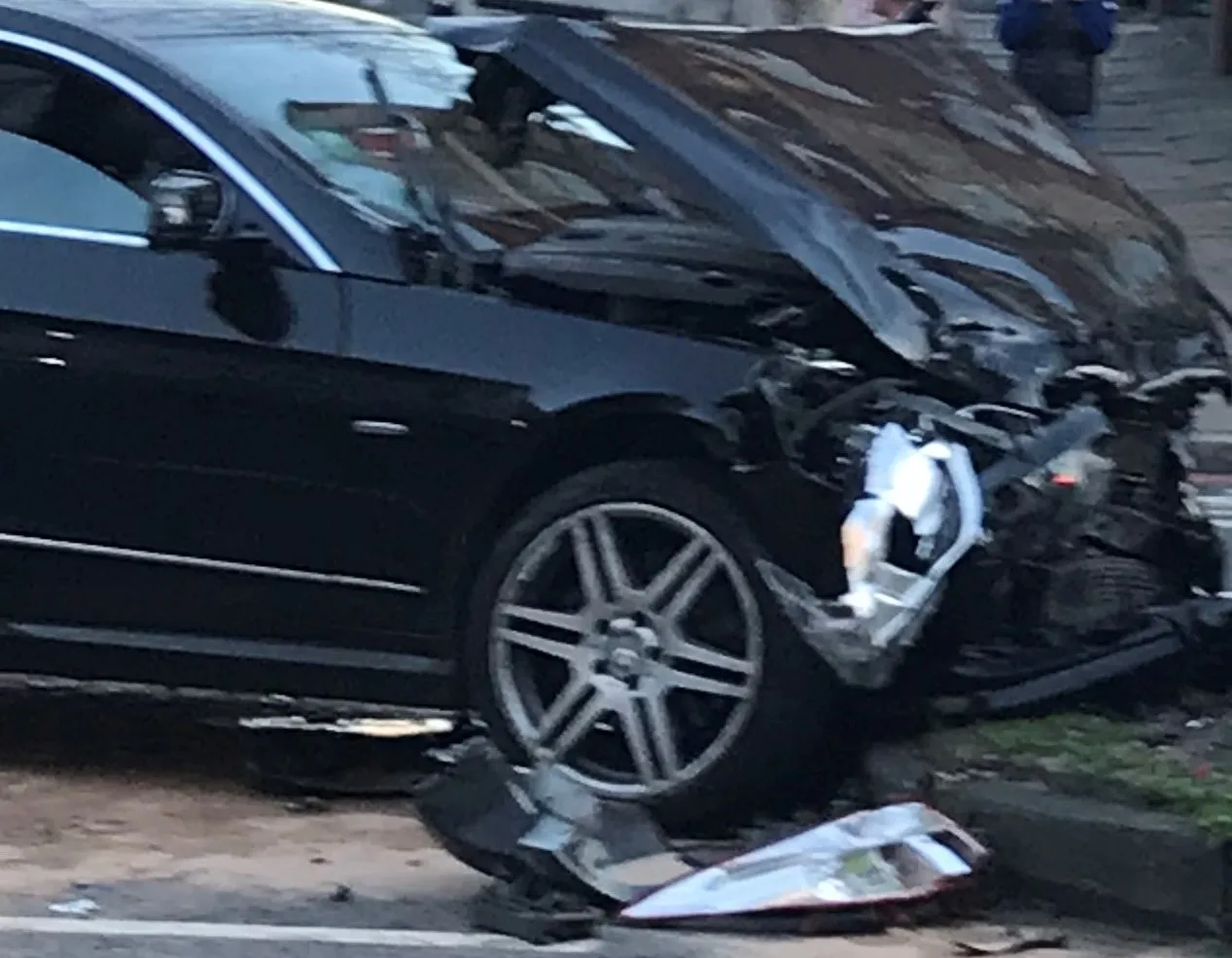Research in the UK into drivers who opt to take speed awareness courses instead of taking points on their driving licence after an offence shows they are less likely to reoffend. The national speed awareness courses (NSAC) have been offered as an alternative for drivers after being caught speeding up to set values in excess of posted limits, instead of taking points on the licence. This system was introduced in the UK some years ago. Drivers taking the NSAC options have to pay £100 and are typically given a combination of classroom sessions as well as time behind the wheel on the open road with an approved driving instructor alongside.
Data on 2.2 million drivers who have undergone the NSAC shows that they are 23% less likely to reoffend within six months after the first offence than those who have accepted up to points on their licence for speeding. And once a three year period has passed since the speeding offence, drivers who have taken the NSAC are 13% less likely to reoffend than those who have taken points on their licence.
The study also suggests further safety benefits for the NSAC. The report stated, “Given the observed relationship between reoffending rates and collision rates, and other research showing that greater compliance with speed limits reduces collision rates, it is considered probable that the participation in NSAC has positive road safety effects that could not be demonstrated due to the low statistical power of these sets of analyses.”
And the report also said, “NSAC has been found to reduce the reoffending rate (and other studies show that greater speed limit compliance reduces collisions), it may be reasonable to anticipate that participation in the course also encourages and facilitates safer driving behaviour generally, indirectly reducing the injury collision risk.”
Driving safety courses prove safer
Research in the UK into drivers who opt to take speed awareness courses instead of taking points on their driving licence after an offence shows they are less likely to reoffend. The national speed awareness courses (NSAC) have been offered as an alternative for drivers after being caught speeding up to set values in excess of posted limits, instead of taking points on the licence. This system was introduced in the UK some years ago. Drivers taking the NSAC options have to pay £100 and are typically given a
May 15, 2018
Read time: 2 mins









